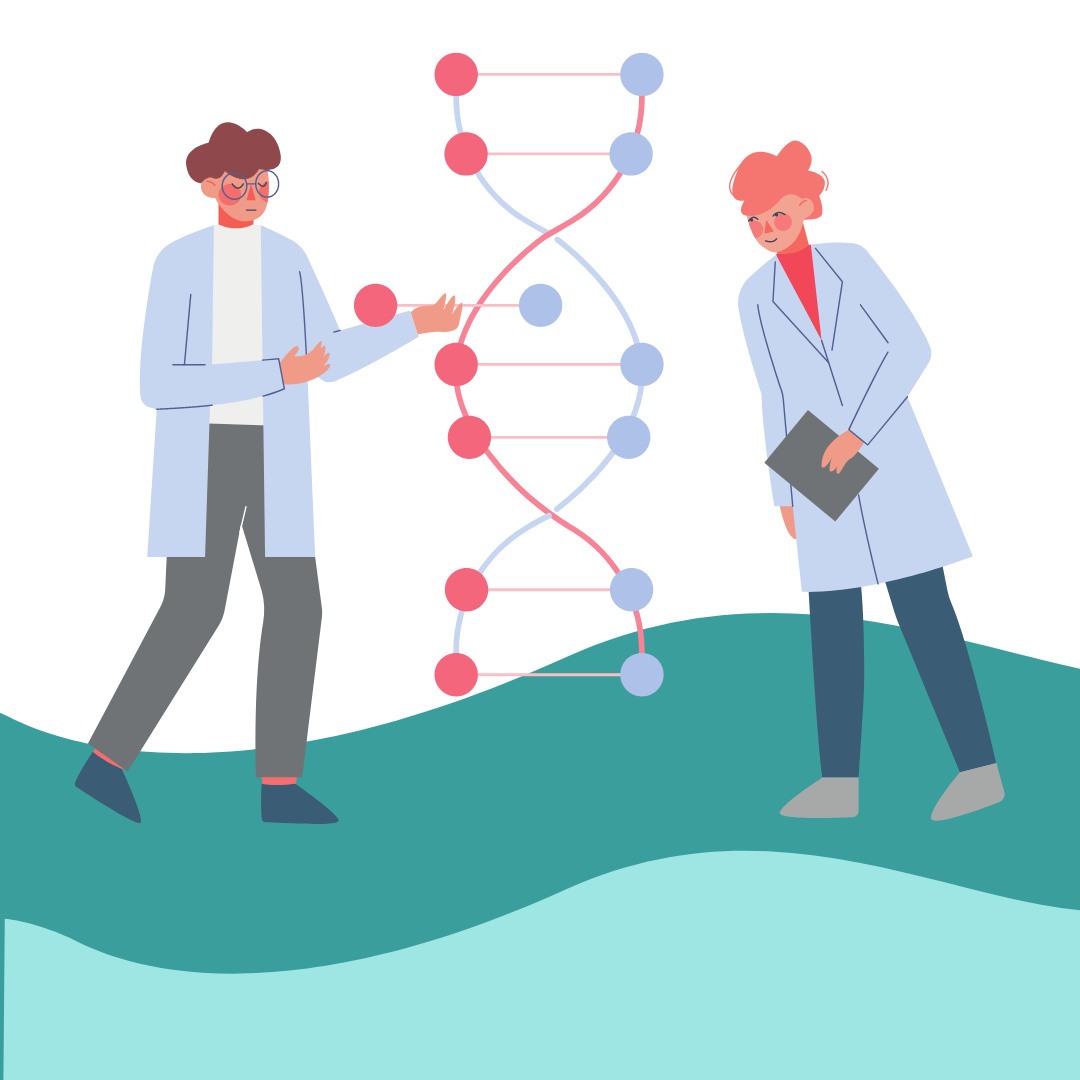Please don't edit me out
By Rebecca Cokley,
The Washington Post
| 08. 10. 2017
It’s ironic that news of a breakthrough in human gene editing was released on July 26. That was the 27th anniversary of the Americans with Disabilities Act, the landmark civil rights legislation intended to remedy centuries of discrimination against 57 million disabled Americans. And yet the announcement served as another reminder that there is still much desire to put those rendered undesirable in our place.
Nearly 1 out of every 5 people in this country has a disability. What would it mean for society to render such a large group of people “unfit” for the human germline? Stories about genetic editing typically focus on “progress” and “remediation,” but they often ignore the voice of one key group: the people whose genes would be edited.
That’s my voice. I have achondroplasia, the most common form of dwarfism, which has affected my family for three generations. I’m also a woman and a mother — the people most likely to be affected by human genetic editing.
I remember clearly when John Wasmuth discovered fibroblast growth factor receptor 3 in 1994. He...
Related Articles
By Steve Rose, The Guardian | 01.28.2026
Ed Zitron, EZPR.com; Experience Summit stage;
Web Summit 2024 via Wikipedia Commons licensed under CC by 2.0
If some time in an entirely possible future they come to make a movie about “how the AI bubble burst”, Ed Zitron will...
By Arthur Lazarus, MedPage Today | 01.23.2026
A growing body of contemporary research and reporting exposes how old ideas can find new life when repurposed within modern systems of medicine, technology, and public policy. Over the last decade, several trends have converged:
- The rise of polygenic scoring...
By Daphne O. Martschenko and Julia E. H. Brown, Hastings Bioethics Forum | 01.14.2026
There is growing concern that falling fertility rates will lead to economic and demographic catastrophe. The social and political movement known as pronatalism looks to combat depopulation by encouraging people to have as many children as possible. But not just...
By Josie Ensor, The Times | 12.09.2025
A fertility start-up that promises to screen embryos to give would-be parents their “best baby” has come under fire for a “misuse of science”.
Nucleus Genomics describes its mission as “IVF for genetic optimisation”, offering advanced embryo testing that allows...




